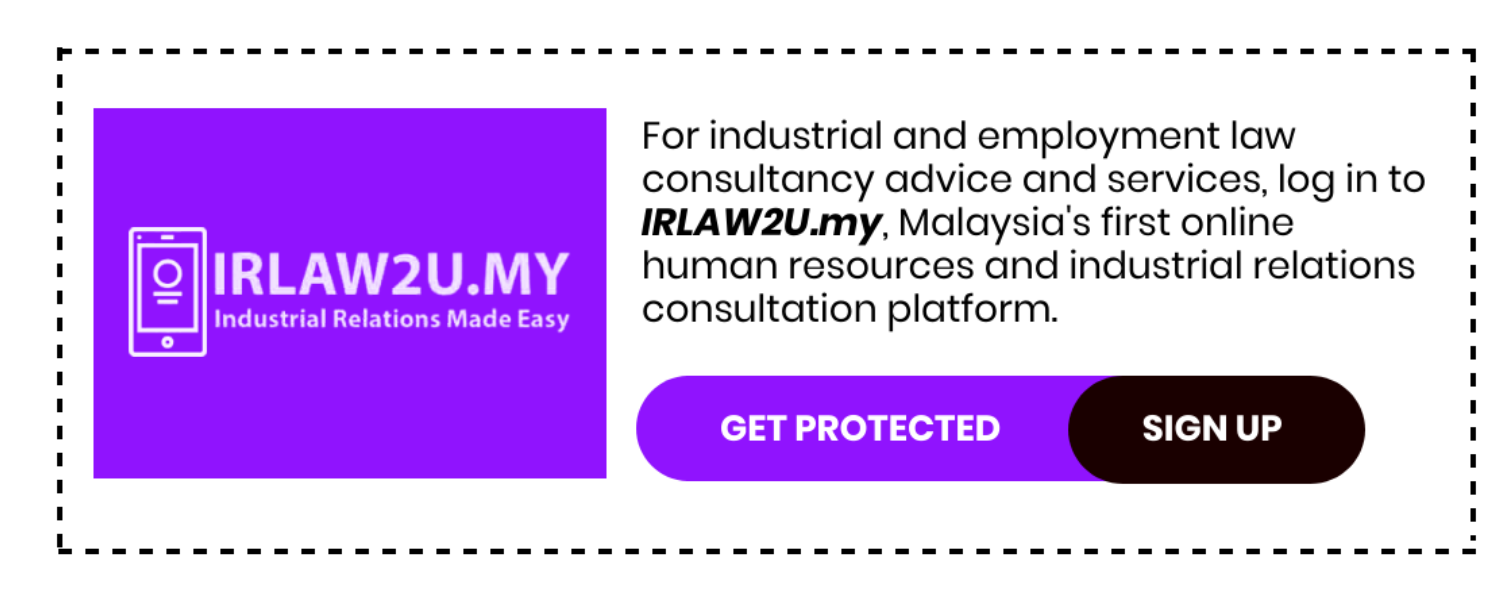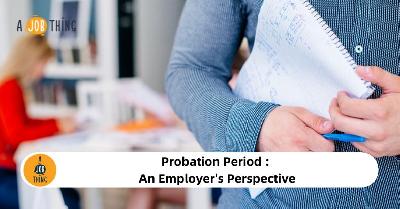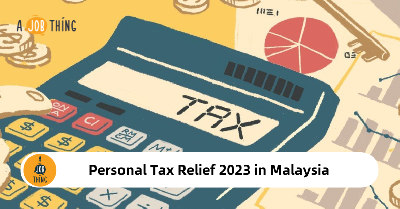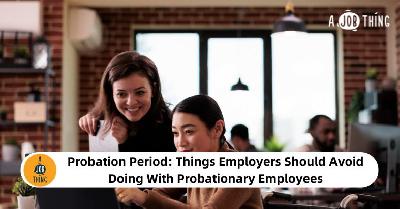
Is Covid-19 a Justifiable Reason for Retrenchment?
Create Job Description Using AI
Write appealing job descriptions for any job opening to attract the most qualifield and suitable candidates. FOR FREE.
try now
The Impact of Covid-19 has been unprecedented with the Government announcing the Movement Control Order (MCO) effective 18 March 2020. Many businesses have started to question their own survivability and one of the obvious thoughts in employers’ minds is whether to undertake a retrenchment exercise.
In any employer-employee relationship, security of employment is integral as employers provide trust and confidence to employees of being paid their monthly remuneration and in return, the employee performs their obligation under the respective contract of employment. If there are doubts on job security, it can devastate any business as it will open the floodgate of resignation and harms employee productivity and performance.
Covid-19 on its own footing is not a sufficient ground but its implication to each business would have to be examined carefully to justify whether any business can conduct any retrenchment exercise. Among the common justification by employers are;
- Substantial Business Losses
- Termination, Reduction of Projects or Cancellation of Orders
- Mergers or Take-Overs
- Automation
- The shutting-down or termination of products or services which are unprofitable
- Outsourcing
- Requirement to carry out work of a particular kind have ceased or diminished or are expected to cease or diminish
- A reorganization of workforce to either cut cost or increase efficiency
It is established law that it is the Businesses’ right and prerogative to undertake any retrenchment exercise where the Court of Appeal in William Jack & Co. (M) Sdn. Bhd. v. S. Balasingam [1997] 3 CLJ 235;
“Whether the retrenchments exercise in a particular case is bona fide or otherwise, is a question of fact and of degree depending for its resolution upon the peculiar facts and circumstances of each case. It is well-settled that an employer is entitled to organise his business in the manner he considers best. So long as that managerial power is exercised bona fide, the decision is immune from examination even by the Industrial Court.
However before undertaking any retrenchment, avoidance and mitigating steps must be undertaken among others as detailed in the Code of conduct for Industrial Harmony;
- limitation on recruitment
- restriction of overtime work
- restriction of work on weekly day of rest
- reduction in number of shifts or days worked a week
- reduction in the number of hours of work
- re-training and/or transfer to other department/work
Employers before undertaking retrenchment which is well within the discretion of the employer is always advised to adopt mitigating measures such as offering;
- Mutual Separation Scheme
- Voluntary Separation Scheme
It is worthwhile to note employees that have consented to such scheme are not allowed to then renege on their acceptance and claim unfair dismissal as decided by the Federal Court in Zainon bt Ahmad & 690 others v Padiberas Nasional Berhad [2012] 8 CLJ 29
There is no doubt that the impact Co-Vid 19 can be the precursor for the reduction of workforce, however it must always be reminded that only after mitigating, taking avoidance steps and despite that, where survivability is still in question then the painful decision of retrenching employee may be justified as inevitable to save the business and larger employee population.
This article is by IRLAW2U.my
If you have any enquiries, you may visit www.IRLAW2U.my to refer to our IR Consultants.






